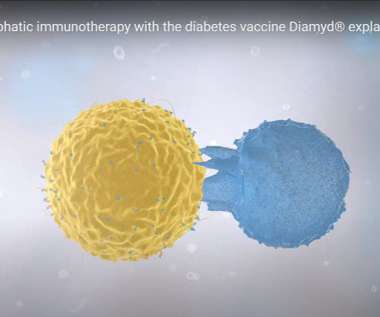Navigating Neuroscience Trials: Biomarkers, Imaging and CRO Strategies
XTalks
DECEMBER 12, 2023
The world of neuroscience trials is rapidly evolving, presenting new challenges and opportunities for researchers and clinicians. The worldwide market for neurology clinical trials stood at a valuation of $5.24 There is currently a heightened emphasis on imaging and liquid biomarkers in neuroscience clinical trials.













Let's personalize your content